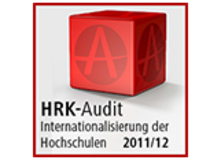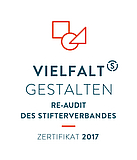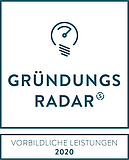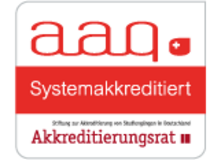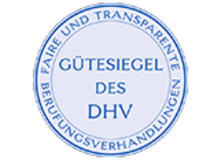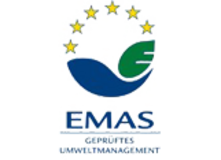Four years ago, the innovative news app for Bremen and its suburbs was launched under the name “molo.news.” It was developed jointly by the University of Bremen’s ZeMKI (Centre for Media, Communication and Information Research), the Institute for Information Management Bremen (ifib), and the Leibniz Institute for Media Research | Hans Bredow Institute (HBI) in Hamburg.
Additional Locations
molo now provides information for four cities – in addition to Bremen and Leipzig, Lüneburg and Delmenhorst are also part of the molo network. Other locations will follow, since clubs, groups, institutions, or administrations throughout Germany can contact molo and request to be added. The goal is that even more people will be able to find posts from their hometown at molo.
New Look, New User Features
molo remains a community-oriented and free platform for local clubs, initiatives, cultural organizations, media, civic entities, and other local groups to share their information and events. The content is intended to promote discussions and sense of belonging within the community. The update introduces new features that make it even easier to spread local information.
The new minimalist logo and the redesign of the interface give the app a fresh look and make it more user-friendly. From now on, all molo users – including private individuals – can post events or news directly from the app. This posting feature opens up new opportunities to actively contribute to the digital urban public sphere and make local topics visible.
Parallel to the app update, molo's website was also redesigned. Those interested will find information about the app, the background of the project, and current news. molo can still be used without an account, which makes it very easy to access local information. Only those who want to post themselves need an account, and only the most essential information is requested and stored.
molo was launched and supported by the Federal Ministry of Education and Research (BMBF) as part of a joint research project of the ZeMKI at the University of Bremen, the University of Leipzig, and the Leibniz Institute for Media Research | Hans Bredow Institute in Hamburg. The aim is to promote local groups within the urban public sphere by providing them with a platform. The app was developed to deliberately counteract the crisis of traditional local media and to give more visibility to local topics and events and promote community cohesion.
Bundled Local Information for Citizens
“molo” stands for “moving local” and gathers the information and events of local media, clubs, civic and cultural organizations, civic initiatives, and socially engaged citizens. The app is a platform for local posts, which are often lost in the news flood of established and social media. molo users can adjust their info feed according to personal interest by narrowing down topics and sources. With the update, molo is now even more interactive and allows everyone to actively participate in shaping their local community.
Further Information:
Contact:
Centre for Media, Communication and Information Research (ZeMKI)
Prof. Dr. Andreas Hepp
Phone: +49 421 218-67620
Email: andreas.heppprotect me ?!uni-bremenprotect me ?!.de




![[Translate to English:] Blick in das Foyer und Treppenhaus im Gebäude GW2. An mehreren Informationsständen stehen sich Menschen gegenüber und sprechen miteinander. sind](/fileadmin/_processed_/1/9/csm_20230505_isi_8354989f55.jpg)

![[Translate to English:]](/fileadmin/_processed_/5/4/csm_PM_molo_agafapaperiapunta_6c91e9273c.jpg)


